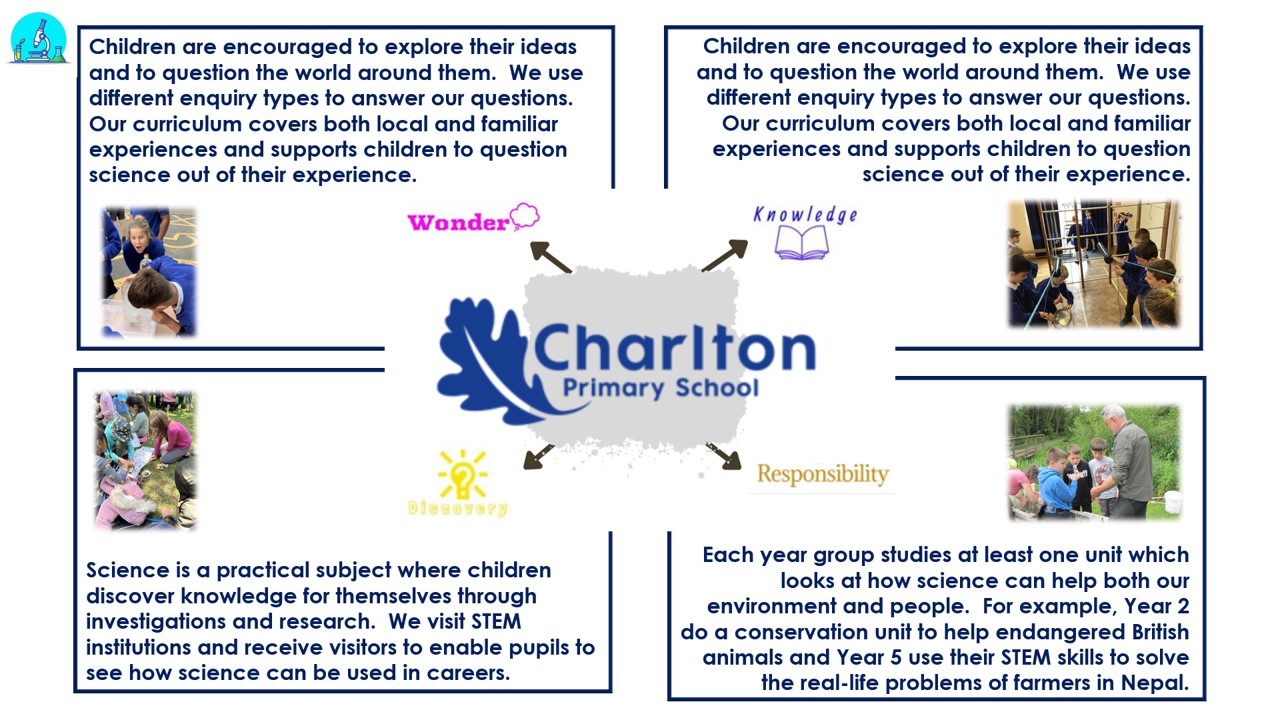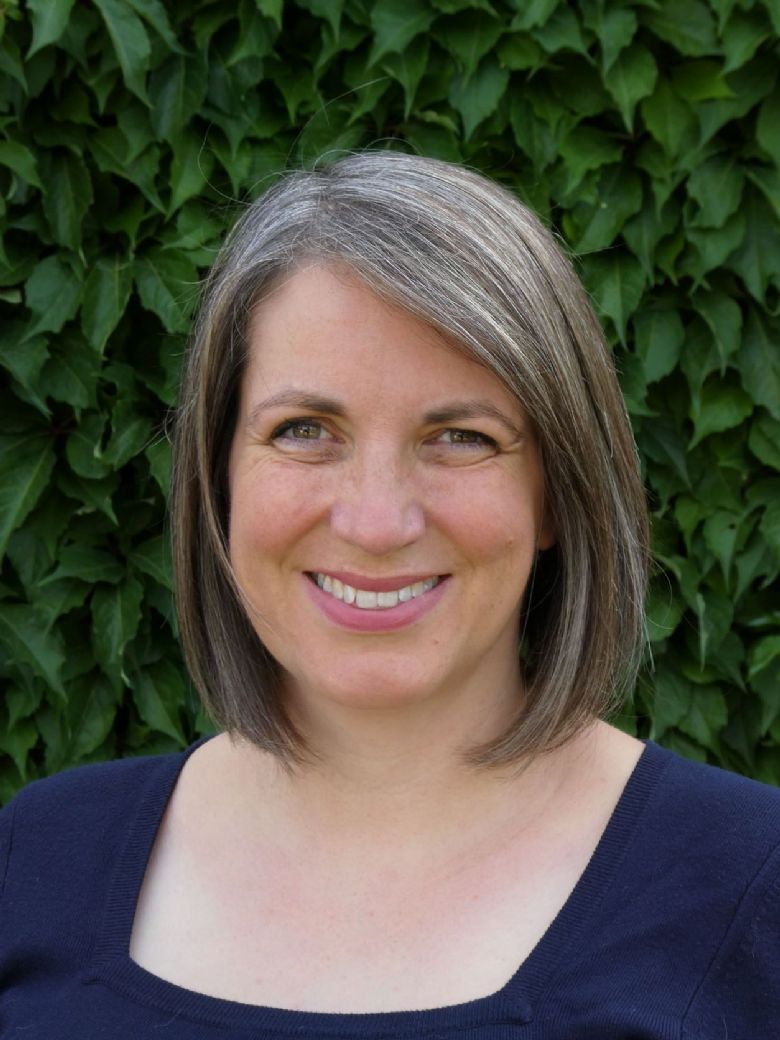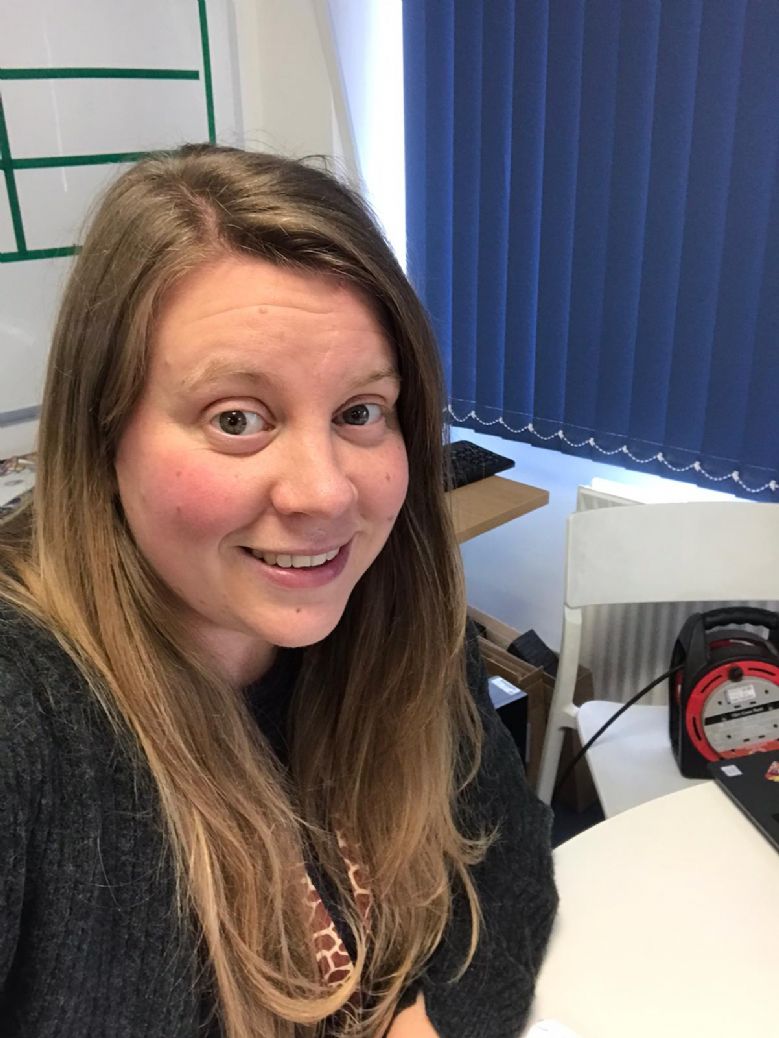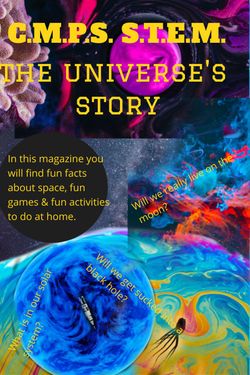Science
At Charlton, our Science curriculum is underpinned by our four curriculum drivers: Wonder, Knowledge, Discovery and Responsibility:

We run a STEM magazine club at both Millbrook and Charlton. Over the last few terms pupils from both schools have worked to produce a magazine. It is an electronic book so that it can be read to children, children can click on links to more information, watch videos and play Scratch games made by our pupils.
Below is the link to the e-book.
|
CMPS Space Magazine Feb 2024
|


Science Leads- Ms Cat Boaz & Miss Christine Biles


